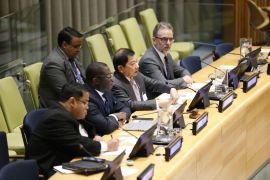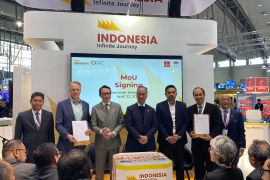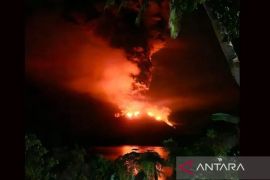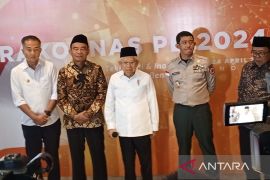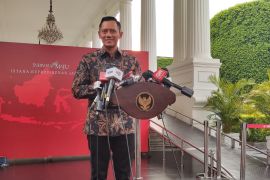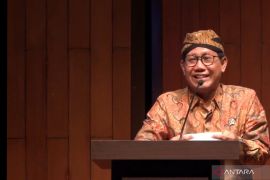"The decision was taken after a thorough and careful study of inputs from various parties. The consideration behind it was its multiplier effects and acceleration of economic development of Maluku in particular and the eastern Indonesian region in general," he said in a written statement.
Rizal Ramli said the decision was in line with President Joko Widodos directives to maintain consistency in the implementation of the constitution which states that natural resources must be used for the benefit of the people.
President Jokowi, as he is also called, has frequently stated that exploitation of the gas field in Masela must not only be for the purpose of foreign exchange earnings but must also be used as an engine to accelerate economic development in Maluku and eastern Indonesian region, he said.
"This is why the President wished that the development of the refinery should be onshore. He paid much attention to its benefits and multiplier effects which are much bigger than if the refinery is built offshore. With the refinery being onshore, it may lead to emergence of fertilizer and petrochemical industries. We may develop a new city like Balikpapan (East Kalimantan) in Selaru, with the refinery about 90 kilometers from Masela Block," he said.
Rizal Ramli said based on his study, the cost of developing an onshore refinery would be around US$16 billion while the cost for developing it offshore would reach US$22 billion.
He said the calculation was far different from the cost estimates collated by Inpex and Shell which are only US$14.8 billion for the offshore and US$19.3 billion for onshore refinery.
"Inpex and Shell have hyped the cost of building an onshore refinery while reducing the cost of building a refinery offshore. To see their validity, we have challenged their estimates," he said.
The challenge, the minister said, is that if the cost of building an offshore refinery was found to be more than US$14.8 billion, Inpex and Shell must be held responsible for the excess cost and they will not be allowed to make claims for cost recovery.
"The fact is that Inpex will dare not pick up the gauntlet. This proves that they themselves are not confident of their estimates," he said.
Rizal Ramli said the government has learned from its experience when the offshore refinery in Prelud, Australia, was developed. It suffered delays and the cost swelled, reaching US$12.6 billion while its capacity is only 3.6 million tons a year, just 48 percent of the capacity of Masela Block which is 7.5 million tons a year.
As per his calculations, he said, if the refinery is built offshore, Indonesia would only receive an income of US$2.52 billion a year from the sale of LNG, based upon an assumed price of oil at US$60 per barrel.
On the other hand, if the refinery is built onshore, part of the LNG could be used for petrochemical and fertilizer industries.
"This way, the state could earn an income of up to US$6.5 billion a year," the minister said.
Regarding fears that Inpex would exit from the Masela Block development project due to such a decision, Rizal Ramli said it was an exaggeration.
He said Inpex has spent years and invested around US$2 billion in the project.
He said he believed the company would not abandon Masela Block that has reserves of more than 20 trillion cubic feet of gas.
Based on an assumed production of 1.2 million cubic feet per day, the reserves would be used for up to 70 years.
Rizal Ramli said he believed if the investor from Japan actually opted to exit, investors from other countries would want to continue.
"The Indonesian government respects the long and strategic relationship with Japan but we also understand Japans need of a reliable and long-term energy source. We believe Inpex will have an interest in the development of an onshore refinery which is far cheaper and will benefit Indonesia and Japan," he said.(*)
Editor: Heru Purwanto
Copyright © ANTARA 2016
